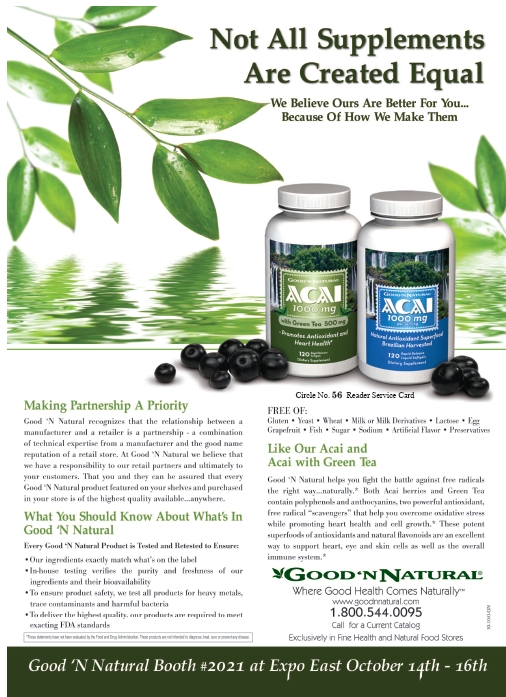F ood recalls really hit home with Americans. From tomatoes to spinach to peppers and now to eggs, recalled foods that should be healthy and safe have us feeling suspicious and misled. Something as simple as providing a wholesome meal for one’s family can be like navigating a war zone, with E. coli and Salmonella ready to ambush your loved ones with sick days.
ood recalls really hit home with Americans. From tomatoes to spinach to peppers and now to eggs, recalled foods that should be healthy and safe have us feeling suspicious and misled. Something as simple as providing a wholesome meal for one’s family can be like navigating a war zone, with E. coli and Salmonella ready to ambush your loved ones with sick days.
What’s a scared family to do?
The Organic Paradox
It’s interesting that in the face of such grocery trauma, Americans buy organic—especially families that typically don’t buy such foods (see page 14 for more). Unfortunately, for reasons I cannot explain, they don’t act upon this knowledge until danger is near. I wish some great minds in the food psychology world would pinpoint the reasons behind this behavior, because I certainly can’t.
I can only assume that families know deep down inside the value of organic produce, meat and dairy products: a higher quality from both nutritional and safety standpoints. (I assume the environmental angle is a low priority for this group of shoppers.) But as time passes, somehow money-saving becomes a more powerful motivator than one’s health.
The egg crisis highlighted this buying habit better than other previous food calamities. The two enormous Iowa “farms” involved in the food recall owned something like 7.7 million caged hens and are major suppliers of the nation’s  eggs. In actuality, these aren’t farms; they’re factories. The hens have an abysmally low quality of life and an equally poor diet to boot. Some news reports speculated that the chicken feed most likely became contaminated with salmonella from rodents, workers’ shoes and other factors. With conditions like these, it’s no wonder that mega-farms can afford to sell eggs for pennies a piece.
eggs. In actuality, these aren’t farms; they’re factories. The hens have an abysmally low quality of life and an equally poor diet to boot. Some news reports speculated that the chicken feed most likely became contaminated with salmonella from rodents, workers’ shoes and other factors. With conditions like these, it’s no wonder that mega-farms can afford to sell eggs for pennies a piece.
It’s also no surprise that Americans chose to buy eggs from smaller, organic farms in the wake of the recall. They frequented farmers’ markets and bought organic eggs from their grocers. But, I don’t hold any false illusions that all these families will be doing so in two years. They’re bound to revert back to conventional foods once the crises have passed and the regular eggs go on sale.
Pennies Saved, Risk Earned
What Americans don’t realize is that for what they’re saving in eggs from mega-farms, they’re paying for in health risk. I read a blog written for moms by moms (1) in which the writer chastised another blogger from The Huffington Post who wrote, “What good is a 13- cent egg if it’s going to get you hospitalized?” (2).
 She maintained that no American family can afford to switch from a $2 carton to a $4.99 organic carton. My question is, how could they afford not to?
She maintained that no American family can afford to switch from a $2 carton to a $4.99 organic carton. My question is, how could they afford not to?
Small farms that support cage-free, humanely raised hens offer so much to the American food chain. A chance to eat great-tasting, nutritious eggs. A way to teach children that they should care about the animals in our food chain, and not treat them cruelly. An opportunity to tell others that we value our bodies and our planet’s health more than saving a couple bucks. One can only hope that enough suspicion of mega-farms has been raised that more Americans will feel their families are worth teaching these important lessons. WF
Kaylynn Chiarello-Ebner Editor/Associate Publisher
References
1. K. Conte, “Worried About the Egg Recall? You’re Buying the Wrong Eggs,” The Stir, CafeMom, Aug. 19, 2010, accessed Sept. 11, 2010.
2. D Kirby, “Lessons From the Egg Recall: Cheap Food Makes You Sick,” The Huffington Post, Aug. 19, 2010, accessed Sept. 11, 2010.
Published in WholeFoods Magazine, October 2010










